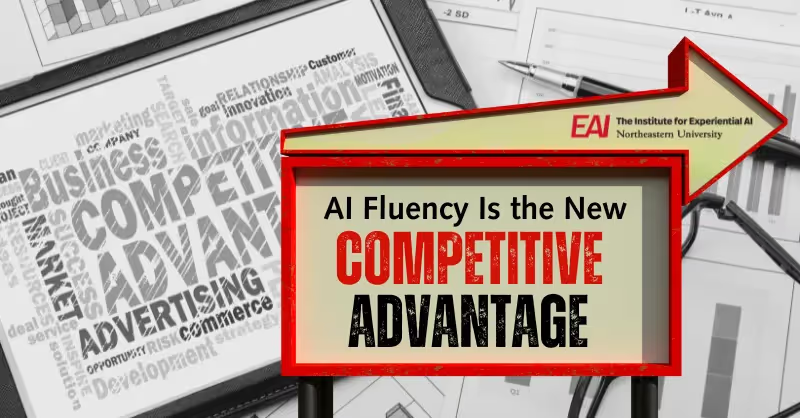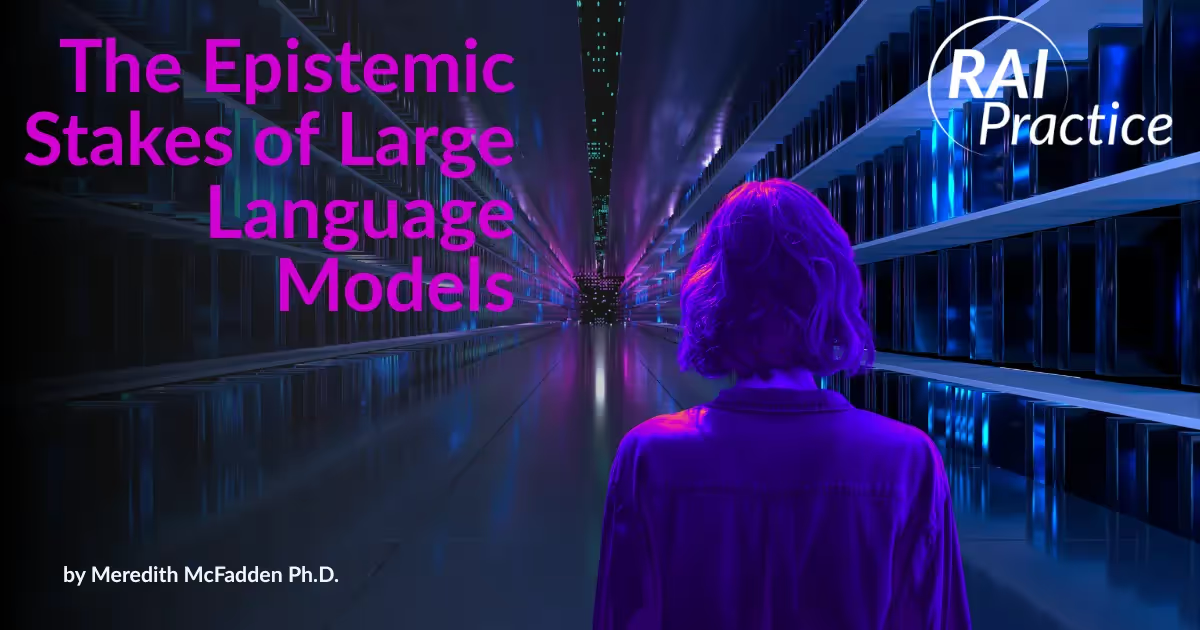Is Shopify’s CEO Right About AI Fluency? What it Means for Your Workforce.

In a company-wide memo this week, Shopify CEO Tobi Lütke made a statement that’s still echoing across the tech world:
“AI usage is now a fundamental expectation of everyone at Shopify.”
This wasn’t a throwaway line. It was a bold repositioning of how AI fits into daily work—and who’s expected to use it.
Lütke went on to challenge teams to rethink how they operate:
“What would this area look like if autonomous AI agents were already part of the team?”
And when it comes to new hires, he didn’t mince words:
“We will increasingly view AI-native as a positive attribute.”
So, is he right? In the big picture? He’s almost certainly more right than wrong.
.avif)
The Quiet Revolution Is Already Here
Whether you’re in law, healthcare, manufacturing, or retail—AI is becoming part of how the work gets done.
As Ursula Smartt, Associate Professor of Law at Northeastern’s London campus, recently noted:
“The next cohort of our law graduates entering the workplace will no doubt find AI chatbots in place… which means we should incorporate such training into our syllabuses.”
And the same applies across every profession. If Excel was the universal skill of the early 2000s, AI fluency is fast becoming the modern equivalent. The difference? AI is evolving even faster—and touching more roles.
AI readiness isn’t an “IT” thing anymore. It’s a company-wide mindset. And the organizations embracing it now will be the ones that thrive—not just survive—in the next wave of innovation.
It’s Not About Replacing Talent—It’s About Activating It
This is where human potential meets smart systems.

As Sam Scarpino, Director of AI + Life Sciences at The Institute for Experiential AI, puts it:
“I am convinced that we can bring more realistic aspects of life science into artificial intelligence.”
That principle extends beyond life sciences: AI isn't meant to operate in a vacuum. It's most powerful when it's paired with human creativity, insight, and expertise.

And as Dan Koloski, Head of Learning Programs at the Roux Institute, reminds us:
“Last year, we generated more data than in the entire history of the human species—and we did that the year before, and the year before.”
That kind of growth demands a workforce that knows how to translate data and AI into action. Not someday—now.
So How Do You Build a Team That’s Ready?
You don’t need a 12-month sabbatical to learn AI. You need experiential, embedded, project-based opportunities that build skills while solving real problems.
At Northeastern, we’re helping companies:
- Equip their teams with job-relevant AI fluency
- Explore our customized learning programs designed to upskill your workforce in AI and data analytics, tailored to your organization's specific needs.
- Co-design policies that align with their values
- Learn about our Responsible AI Practice, which assists organizations in developing ethical AI guidelines and governance frameworks.
- Drive real capability gains through experiential, cross-functional training
- Discover our experiential learning approach that integrates real-world projects into AI education, fostering practical skills across teams.
Curious how your team compares—or what it would take to get started? Let’s connect.

.avif)

.avif)
